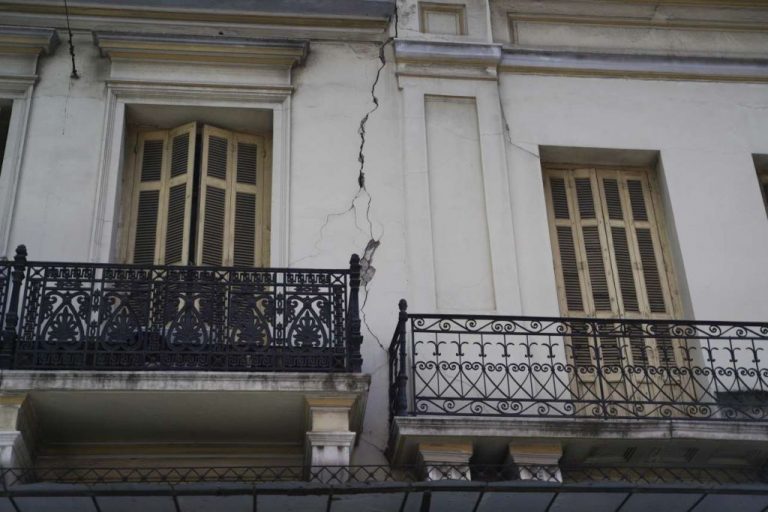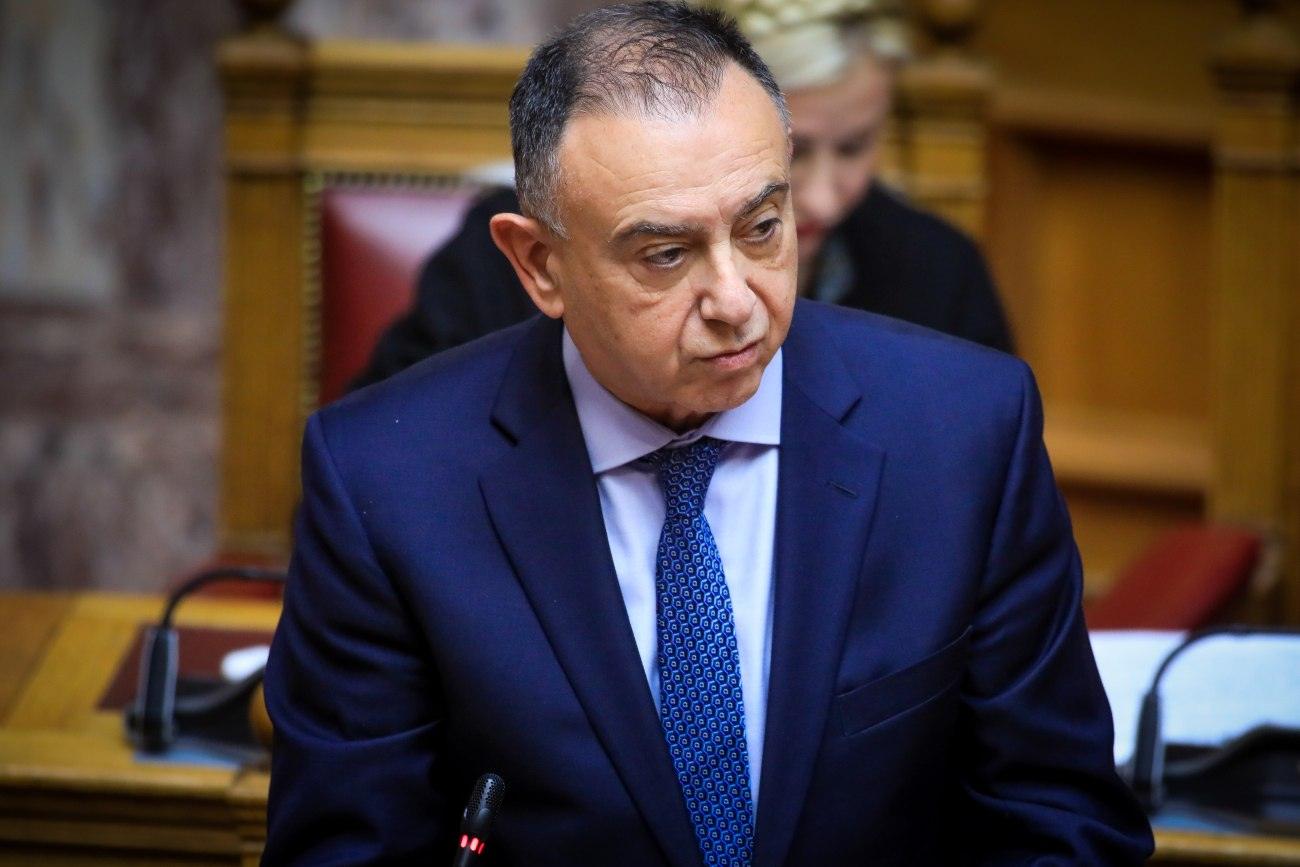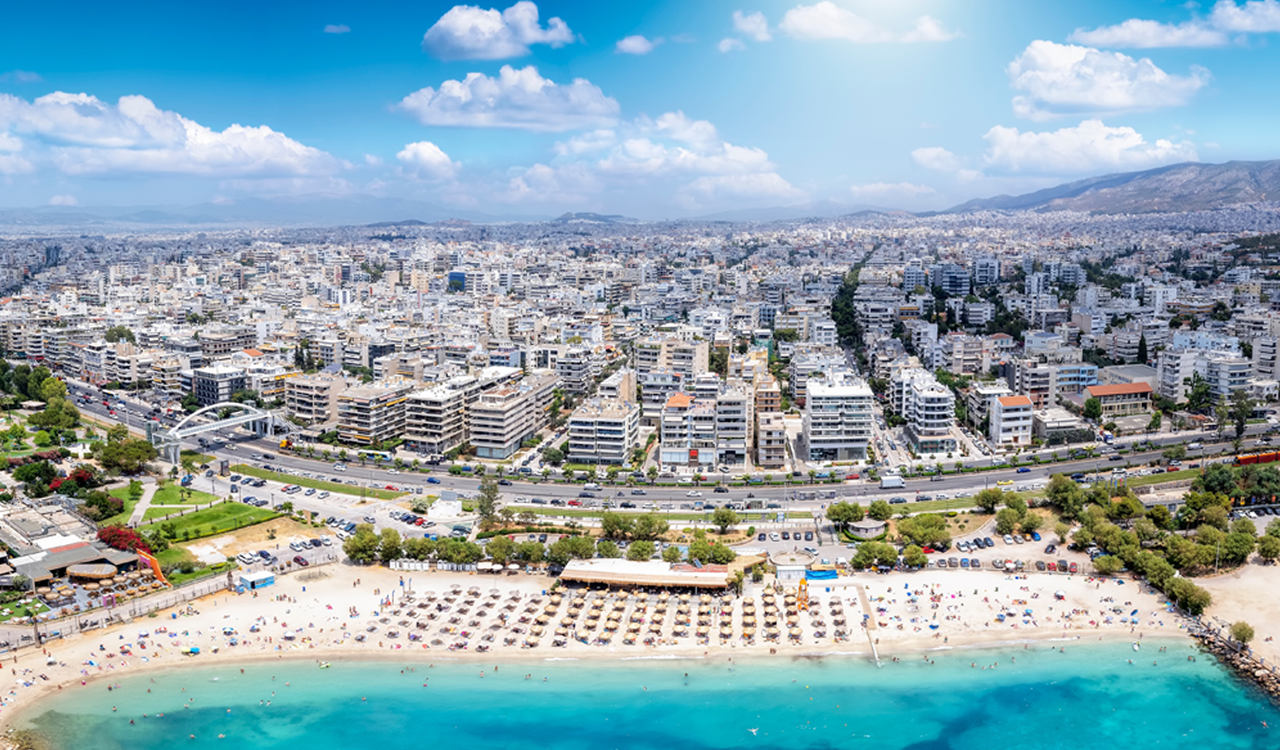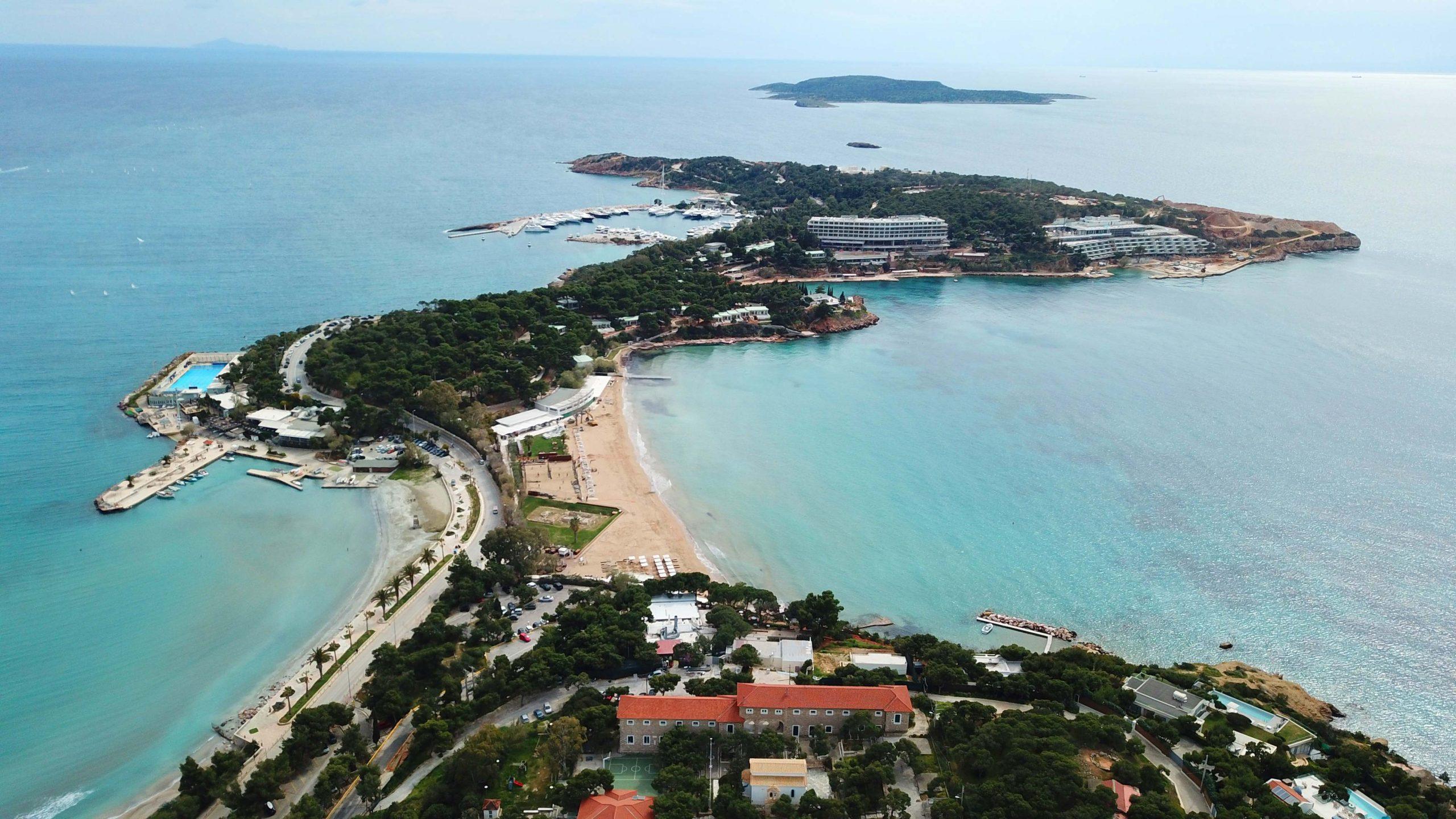The start of the program for the pre-seismic inspection of critical buildings (schools, hospitals, public gathering areas), which was announced last February by the government at the time, after the devastating earthquake in Turkey, has “locked in” for September. According to what was announced a few days ago at the last meeting of the Civil Protection Committee of the Central Union of Municipalities of Greece (KEDE), in the presence of its president, Mr. Dimitris Papastergiou, who from today assumes his new duties as the new Minister of Digital Governance. The Recovery Fund has approved a fund of 35 million euros.
The commitment
It is noteworthy that, last February, there was a commitment that by the beginning of autumn, the primary pre-seismic (visual) inspection of the first 20,000 buildings would be completed and the secondary inspection (with special machines) of those structures where it is deemed necessary. The intention of the government staff at the time was to start the first pre-earthquake inspections in schools, with the end of the Panhellenic Examinations with the aim of completing them within three or four months.
However, the start of the checks has now been postponed and according to what the professor of Dynamic Tectonics, Applied Technology and Natural Disaster Management and president of the Organization for Earthquake Planning and Protection (OASP) Mr. Efthymios Lekkas said at the KEDE meeting, “in September the program will start and in one year the inspection of the buildings for which priority has been given will be completed”.
The two stages
The pre-earthquake control program consists of two stages, the primary and secondary control of public buildings. “The primary concerns the grading of the anti-seismic adequacy of the buildings. The results will be sent to OASP, entered into the database, managed by OASP, and calibrated. The results of this calibration will determine the priority for secondary control”, Mr. Lekkas pointed out. And first in the ranking of priorities are public and private schools (a total of 18,000 buildings) and health structures (2,000 to 2,500 buildings).
At the same time, the Technical Chamber of Greece (TEE) announced a few days ago that it is proceeding with the creation of the Electronic Register of Engineers – Seismic Inspection Inspectors. In fact, for the qualified engineers-members of the TEE who are registered in the register, TEE, in collaboration with OASP and the Association of Civil Engineers of Greece, will conduct quarterly specialized training seminars and provide an Electronic Certificate of Adequacy.
Regarding the use of new technologies, Mr. Papastergiou, who now also takes over the portfolio of digital governance, referred to the good practices of Municipalities with the use of advanced technologies in cases of civil protection, as “knowledge must be disseminated and we must share good practices”. As he pointed out, “accessible technology, combined with coordination, gives the weapons to the Local Government to know the risks in a timely and reliable manner, so that it is able to deal with them with the maximum possible efficiency”.
How and which buildings will be checked
From the day of completion of the relevant Electronic Platform of OASP, the competent services of the Ministries of Climate Crisis, Education, Health and Citizen Protection, in cooperation with the Central Union of Municipalities of Greece KEDE, are obliged, within two months, to register the details of the buildings, in which houses agencies and critical functions, such as its year of construction, building permit, permit plans and studies, declarations of arbitrary settlement, etc. .
Especially for schools, priority will be given to 9,000 buildings that were built in the period 1960-1985 and have not been tested, while immediately after that the remaining 9,000 buildings for which primary seismic testing had been done will be tested, with the program that had started ( but never completed) after the Athens earthquake in 1999. The detailed secondary control, which is estimated to be required for about 10% of the buildings (about 1,800 to 2,000 buildings) is done with special instruments, without causing damage and it is more expensive than the primary inspection.
After the inspection of schools and medical structures is completed, the public buildings that are considered critical for the operation of the Administration, especially in times of crisis (earthquakes, fires, floods), such as the Fire Department, Police infrastructure, etc., will follow. Overall, from the 80,000 public buildings estimated today about 30,000 are in use, together with about 20,000 school and hospital buildings.
Of the 20,000 public and utility buildings (OASP data) that will come under the auditors’ microscope, 23% were built before 1960, 42% between 1961 and 1985, 18% in the period 1986-1995, 9 % in the years 1996-2000, 6% after 2000 and for 2% there are no data.
What will happen to private buildings?
Although attention will be given in the first phase mainly to the public buildings, the pre-seismic control of the millions of private buildings is requested. Some of the proposals that have fallen on the table focus on easing costs for citizens. These include the exemption from VAT of studies for pre-earthquake checks on existing buildings or exemption from the taxable income of the relevant work to strengthen the buildings.
In addition, the TEE administration has proposed the creation of a “piggy bank” in which a percentage of the funds collected from the fines for the legalization of illegals will be collected, which can be allocated to static strengthening projects of old structures. It is noteworthy that, to date, approximately five 5 billion euros have been collected from the “settlements” of urban planning abuses. By committing a percentage e.g. 10%, about 500 million euros could be allocated for the specific works, without burdening the state budget, nor looking for other financial sources.
Also, pre-earthquake control should include all financing programs that support investments in buildings, such as the “Exikonomo” building energy upgrade scheme, so that buildings, which may be damaged in an impending earthquake, are not financed.








































